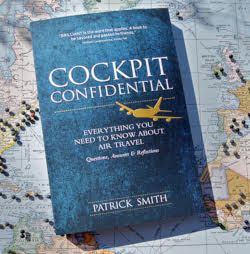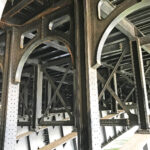Hotel Room Madness
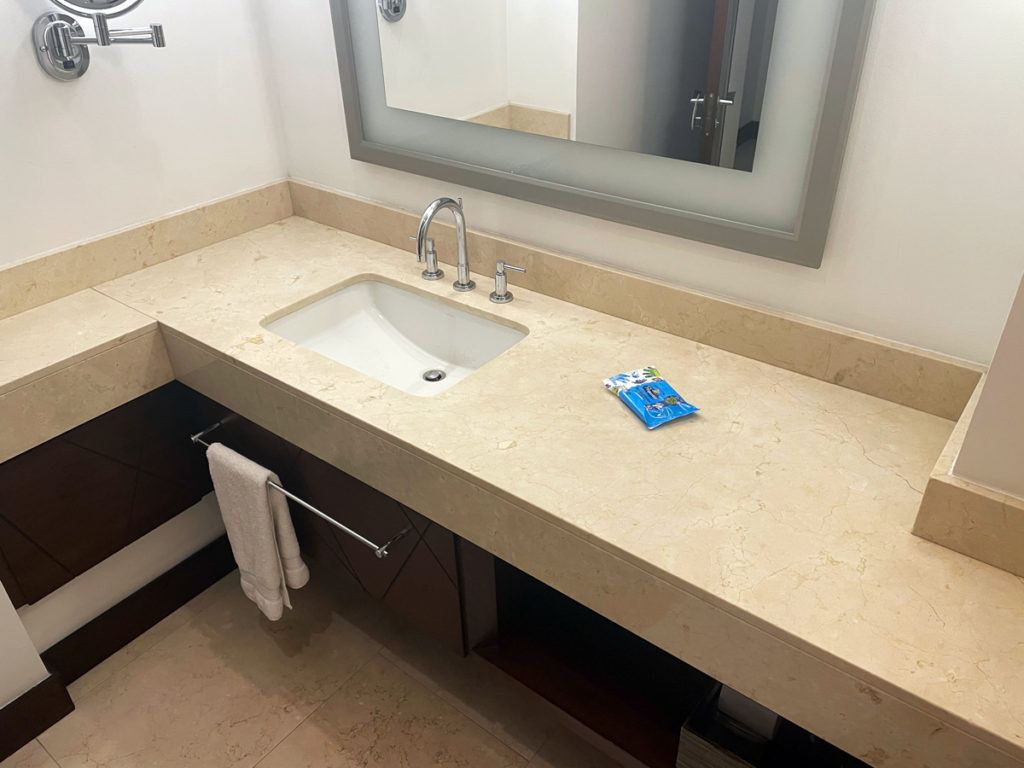
May 4, 2021
HOUSEKEEPING: Good evening.
PATRICK SMITH: Hola. Can you help me? The door to my mini-fridge is locked.
HOUSEKEEPING: Yes, sir.
PATRICK SMITH: I need somewhere to store my leftovers. The fridge is locked.
HOUSEKEEPING: Yes, it is locked. For COVID-19.
PATRICK SMITH: What?
HOUSEKEEPING: The fridge is locked. Because of COVID.
PATRICK SMITH: I don’t understand. What does COVID have to do with my mini-fridge?
HOUSEKEEPING: I am sorry sir.
PATRICK SMITH: But… what about my sandwich?
HOUSEKEEPING: The fridge must be locked. Because of the sanitary condition.
I spend a lot of time in hotels. Witnessing the various ways they’ve responded to the ongoing pandemic has been equally amusing and frustrating. The focus on cleanliness has been relentless, spawning an arms race of extreme and often bizarre measures. Although different chains have come up with different gestures, there are certain constants: the remote-control handset encased in plastic, for example, and the ubiquitous QR placard in place of a room service menu. The Gideon’s have been scooped from the drawers; pens and notepads have disappeared.
How effective these measures might be isn’t my expertise, but suffice it to say I’m skeptical. The idea, so far as I can tell, is to reduce the number of so-called “touchpoint.” In a hotel room, of all places, this feels a bit absurd. Not to mention, health organizations say that the chances of COVID spreading via surfaces are tiny.
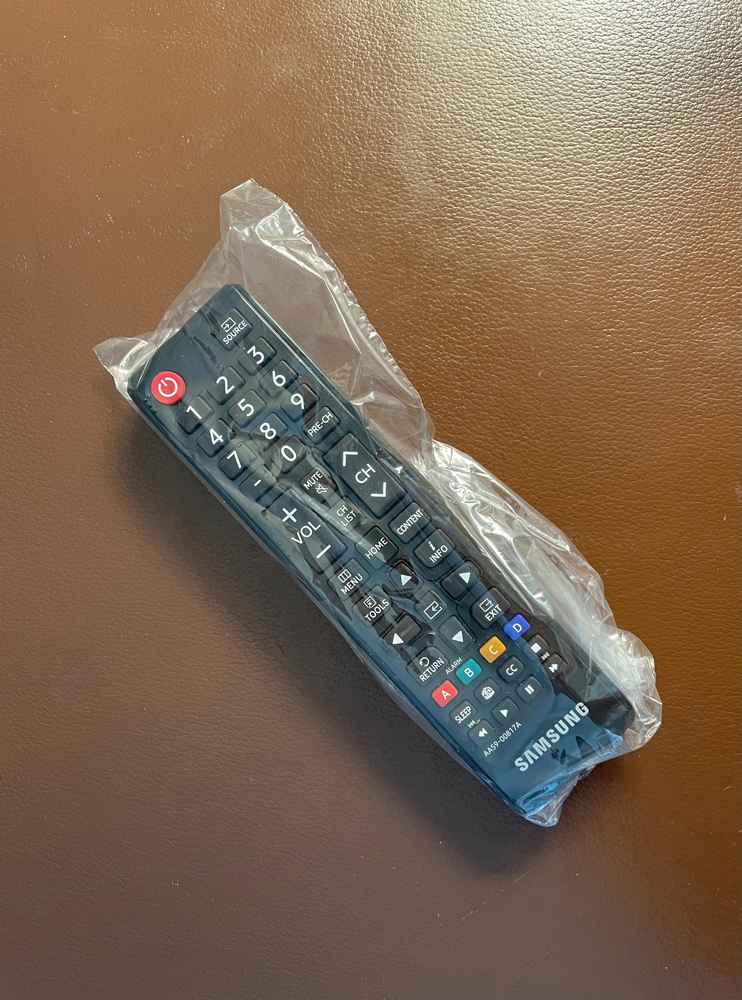
Usually the effect is merely comical, but occasionally it’s maddening. One night in Los Angeles I was forced to drink tap water out of my hand because the room had been stripped of cups and glasses. “Yes, we’ve removed all beverage-related items,” was the response to my complaint. There’s still a bed, and a shower, and toilet for that matter. But nothing to rinse with after brushing your teeth.
In a hotel near Kennedy Airport, “per order of the governor,” according to the sign, the 24-hour continental snack buffet — a small cabinet of pastries and fruit — is now available only from 5 a.m. until 10 a.m. Did I miss something about people contracting coronavirus through donuts? If so, from this point on you can only catch it in the morning.
Cynics will wonder how much of this, misguided as it might be, is truly in the interest of safety rather than opportunistic cost-cutting. We’ll see what returns and what doesn’t. When companies start throwing around words like “streamlining” to describe their customer experience strategies, that’s a euphemism for scaling back.
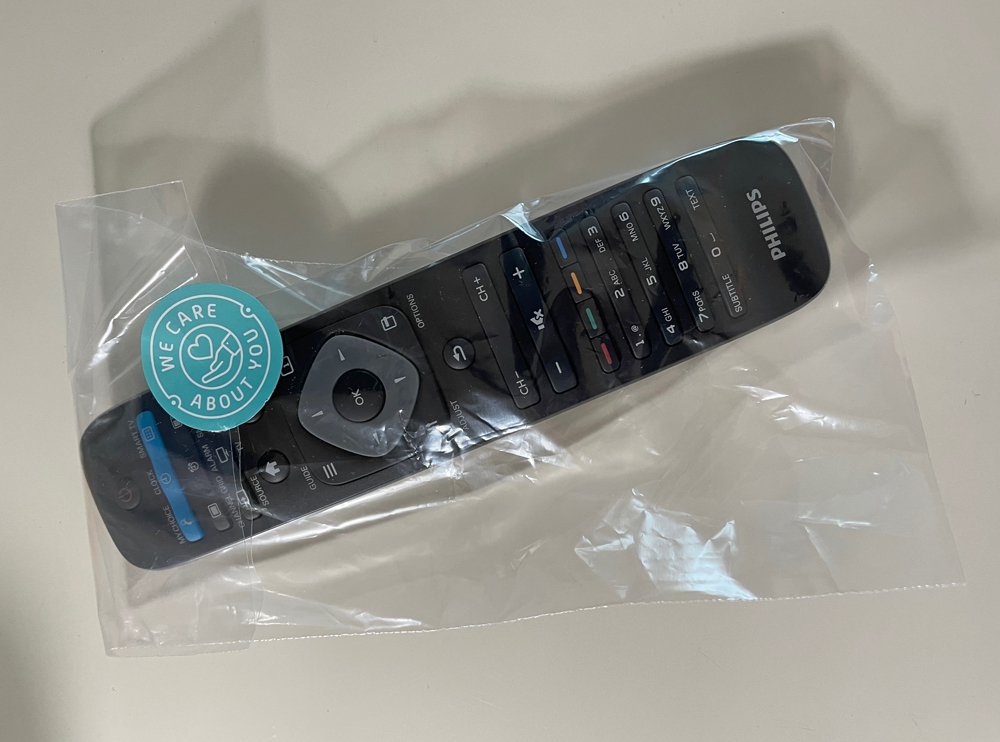
Meanwhile, I’m convinced that one of the byproducts of the pandemic has been a tenfold increase in the manufacture — and subsequent discarding — of single-use plastics. Everything now is wrapped in plastic, from hotel silverware to the food on airplanes.
Have you flown in first or business class lately? On many airlines, each course of the meal service — salad, entree, dessert — comes plated in its own little polystyrene house. Indeed, each individual roll or bread slice is wrapped in cellophane. Mind you this wrapping is done by hand, which would seem to undermine the whole endeavor, but in a world drifting ever deeper into dystopian madness, never let reason stand in the way of pointlessness and waste.
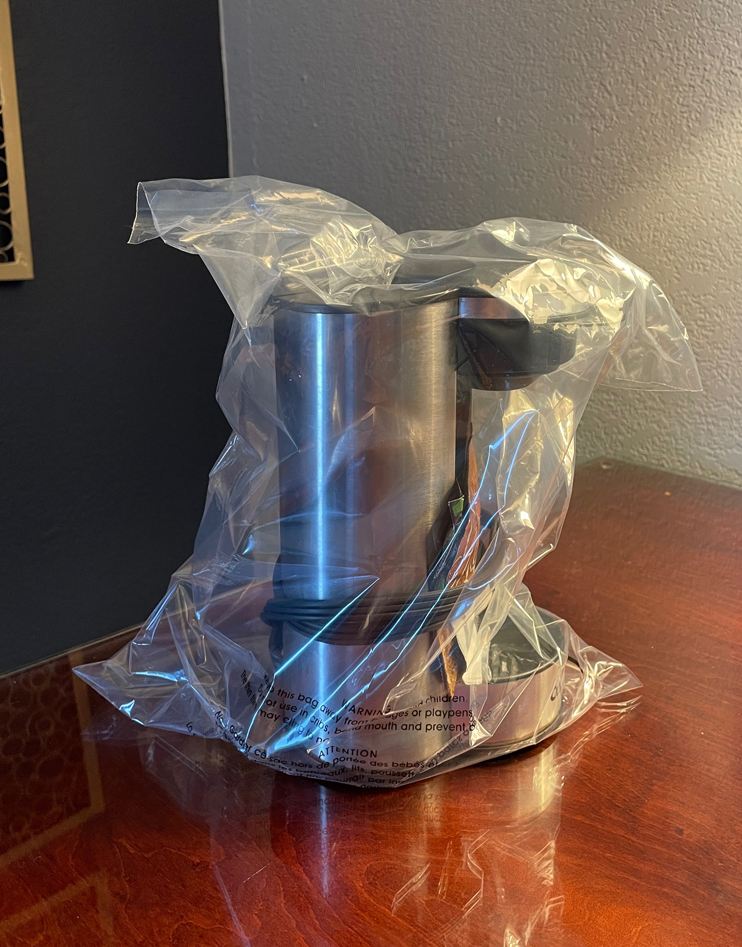
The morning after that mini-fridge episode, I was passing through the crew security checkpoint at the Mexico City airport. I was subjected to repeated pat-downs and was asked to proceed twice through the body scanner. The culprit was — wait for it now — a slip of paper in my shirt pocket. A man ordered me to stand before him with my arms outstretched. He slipped on a pair of sanitary gloves, touched me lightly on the breast pocket, then took off the gloves and threw them away. Off to the side, at the x-ray belt, my colleague was having his suitcase eviscerated by two guards who’d spotted a tiny corkscrew inside — the kind that attaches to a keychain.
Am I the only one who sees the parallels here? Am I the only one getting nervous? We are all familiar with the phrase “security theater.” Will “virus theater” be next?
Twenty years after the attacks of 9/11 and we’re still confiscating pointy objects from pilots, wasting billions of dollars and immeasurable amounts of time on security protocols that nobody can justify or explain. And it’s doubtful they will ever go away. Once such things become policy, with entire bureaucracies constructed to support them, they are often impossible to march back. The traveling public simply gets used to them.
Although the COVID crisis will not last forever, don’t be surprised if aspects of it — even, or especially, the silliest and most illogical ones — are still with us for years to come.
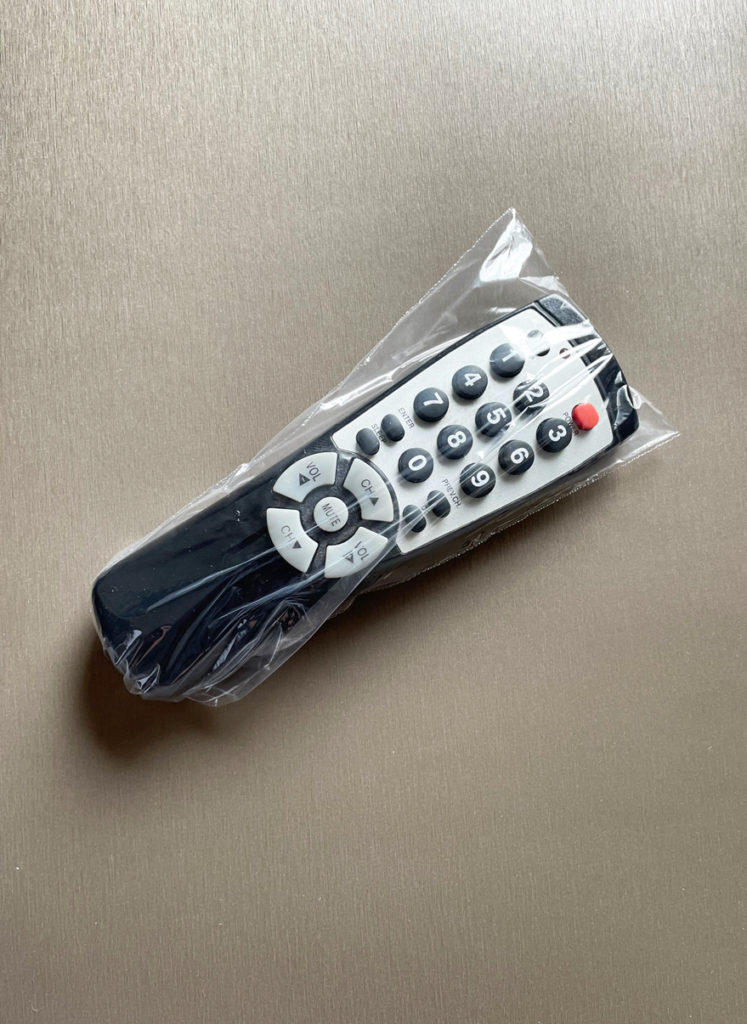
PHOTOS BY THE AUTHOR.

